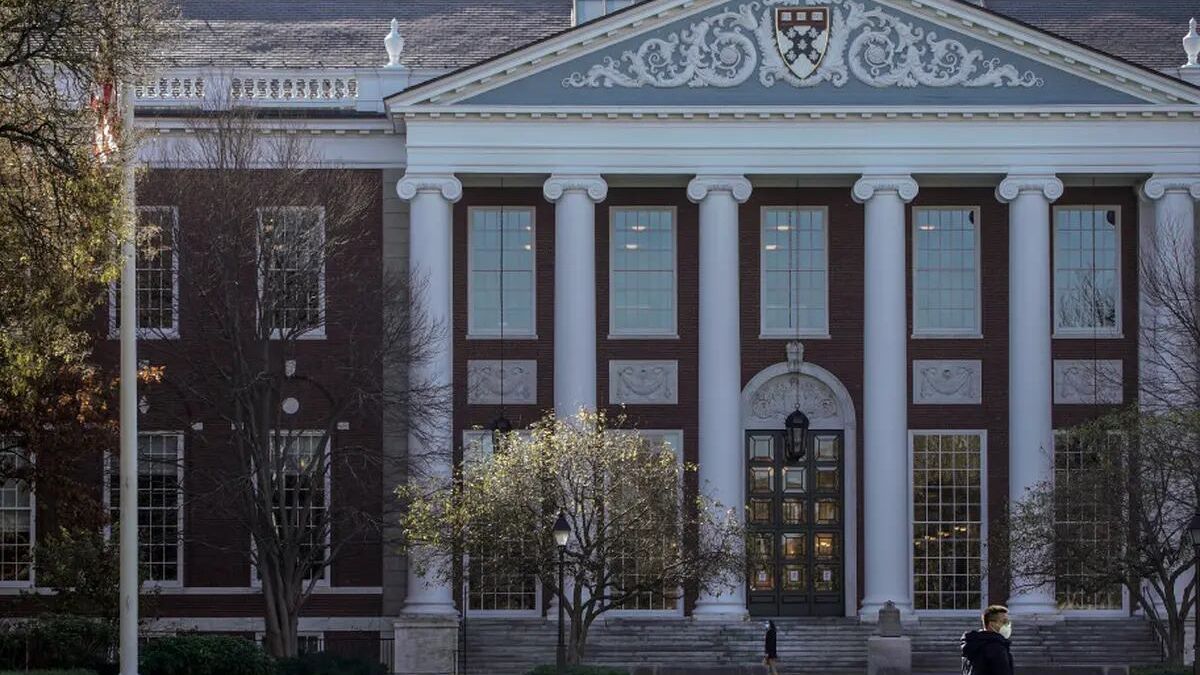He Executive power has on the agenda the modification of a decree that regulates the system of private tertiary educationwhich would make the conditions more flexible so that foreign universities can establish themselves in Uruguay. It would be with the recognition of the legal status foreigner. While there are centers interested in setting up, local private universities raise some doubts.
The deputy of Diego Echeverría National Party, Author of a bill that previously put the issue up for debate, he sees the initiative as a development opportunity for the country, to complement the offer that exists in the public and private spheres.
The initiative aims to make Decree 104 of 2014, which regulates private university education, more flexible, and thus allow more “friendly” mechanisms, such as the recognition of foreign legal status.
Two years ago, Echeverría presented a bill on the subject that has now been taken up in its central concepts by national authorities. Beyond the will of the Ministry of Education and Culture moving forward at this time, he said that this project can serve as input.
According to Echeverría, it is a possibility of development, generation of teaching and non-teaching employment and decentralization. In addition, it would allow the development of university cities in the interior to be promoted.
Diego Echeverría National Party.jpeg
Diego Echeverría, deputy of the National Party, is in favor of allowing foreign universities to settle in Uruguay.
Uruguay and Punta del Este as points of interest
“I think that Uruguay It has certain favorable geographical and human characteristics, it has good health, good education and good security, and I believe that the phenomenon of new residence, especially in some areas of the country, makes it a requirement for that residence to be stabilized and consolidated in time be increase university offering“, considered Echeverría, in dialogue with Ambit.
Likewise, the deputy and pre-candidate for the Municipality of Maldonado by the National Party pointed out that “today there is a great offer with a great effort from the UdelaR and private universities, but I think that opening this possibility complements what already exists.”
There are at least three universities from abroad interested, according to the Ministry of Education and Culture. The University of Bolognathe Complutense of Madrid and of Tel Aviv.
Question of “privileges”
The first reactions came from local private universities. Roberto Brezzo, rector of the Business University and pro tempore secretary of the Council of rectors of private universities, told El País that the regulations could imply a “benefit, preference or exceptionality, something that local universities would not like.”
Representative Echeverria denied the existence of such a privilege and hoped that the initiative would not be seen as a “threat” to the institutions that already exist, but rather as a complement.
“It is about increasing the offer, it is not to the detriment of anyone, but in favor of students, development, investment and regional integration. Of the main elements that helped in the regional integration of the European Union it was the program Erasmus, with exchange of teachers and students, throughout the continent. Obviously here we also have to start thinking about a university educational linkage at the regional level,” concluded the legislator who authored the initiative.
Source: Ambito




